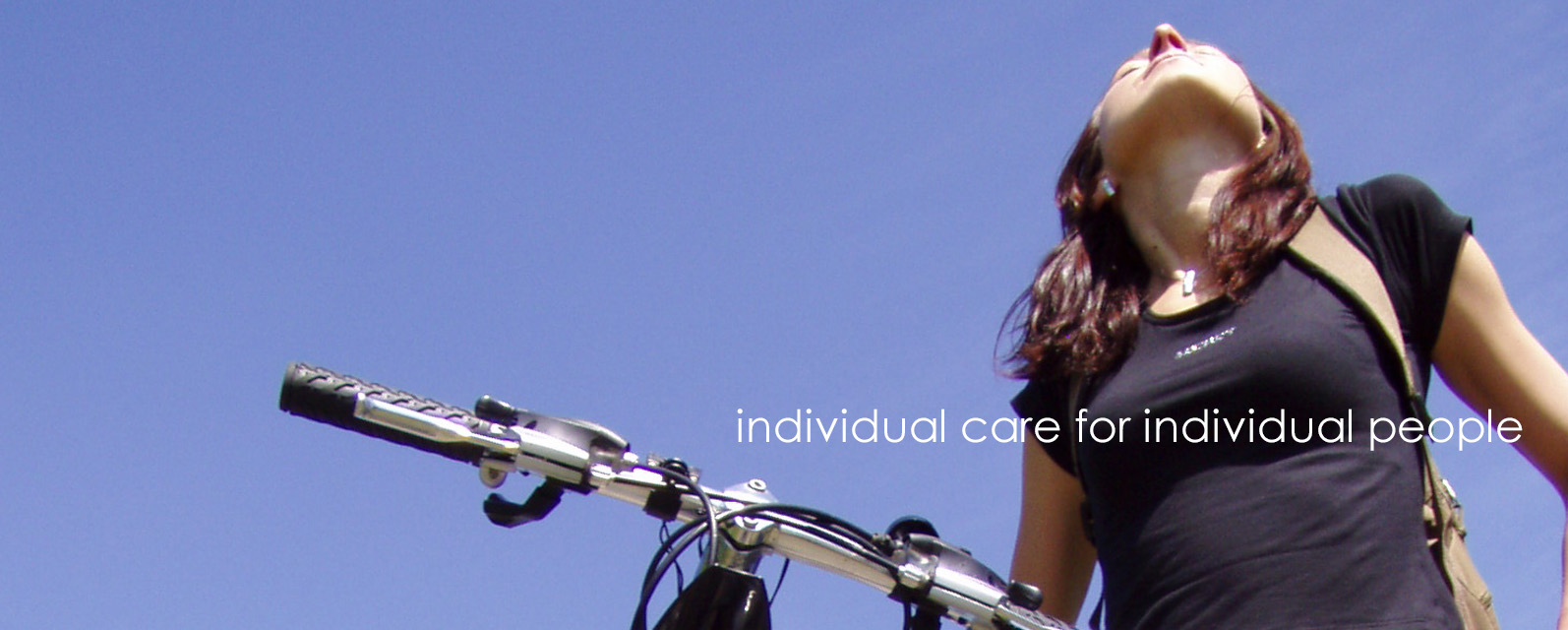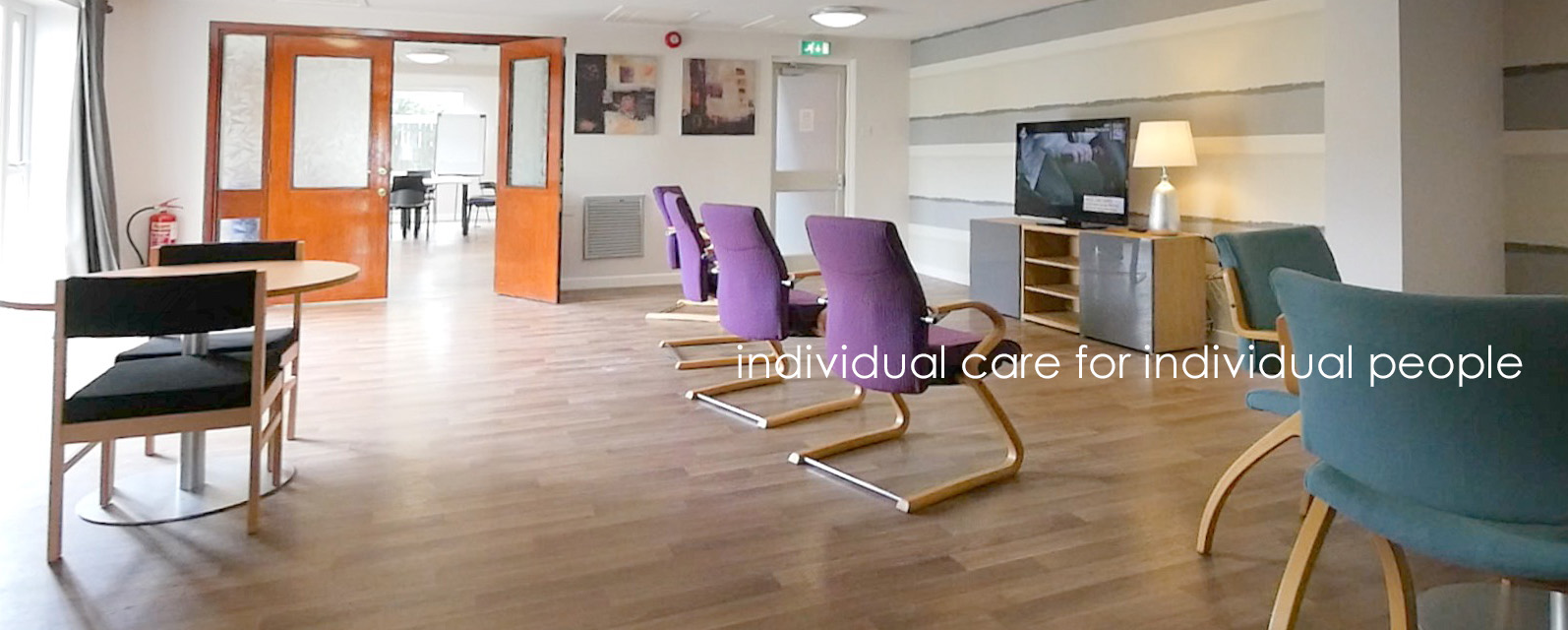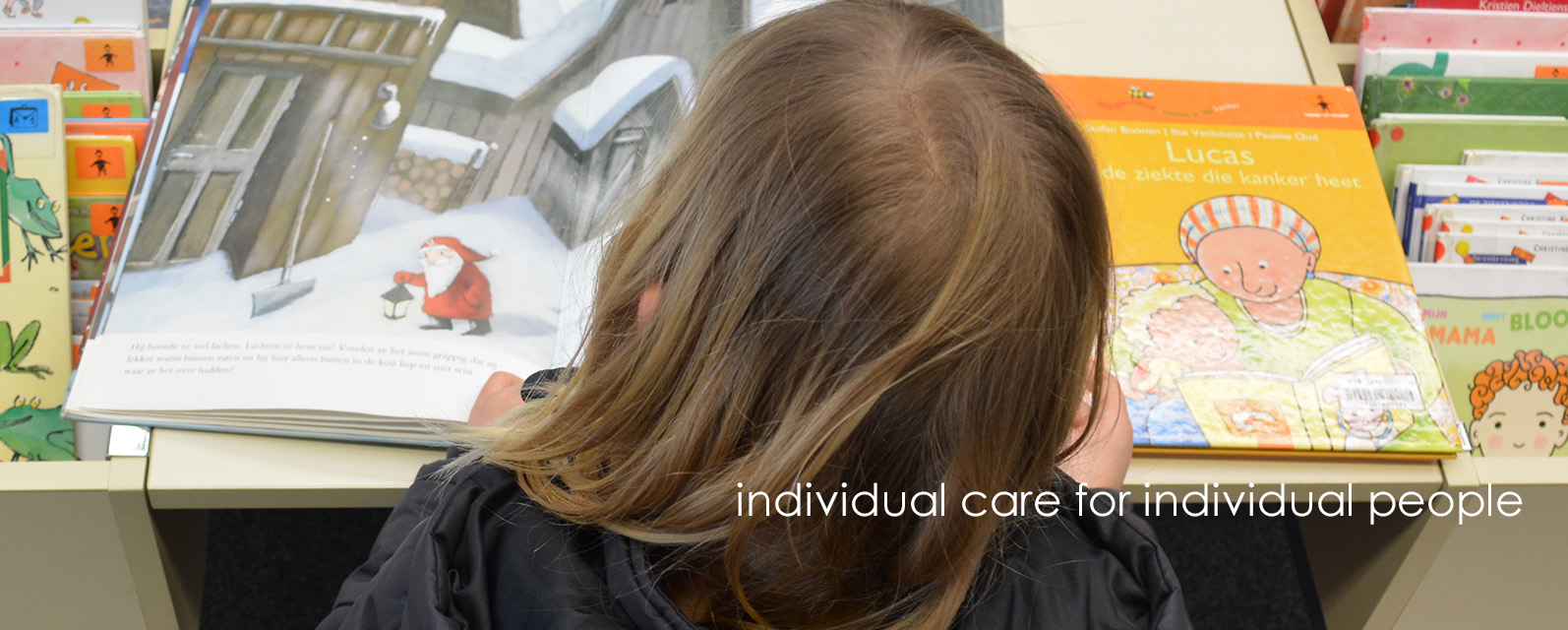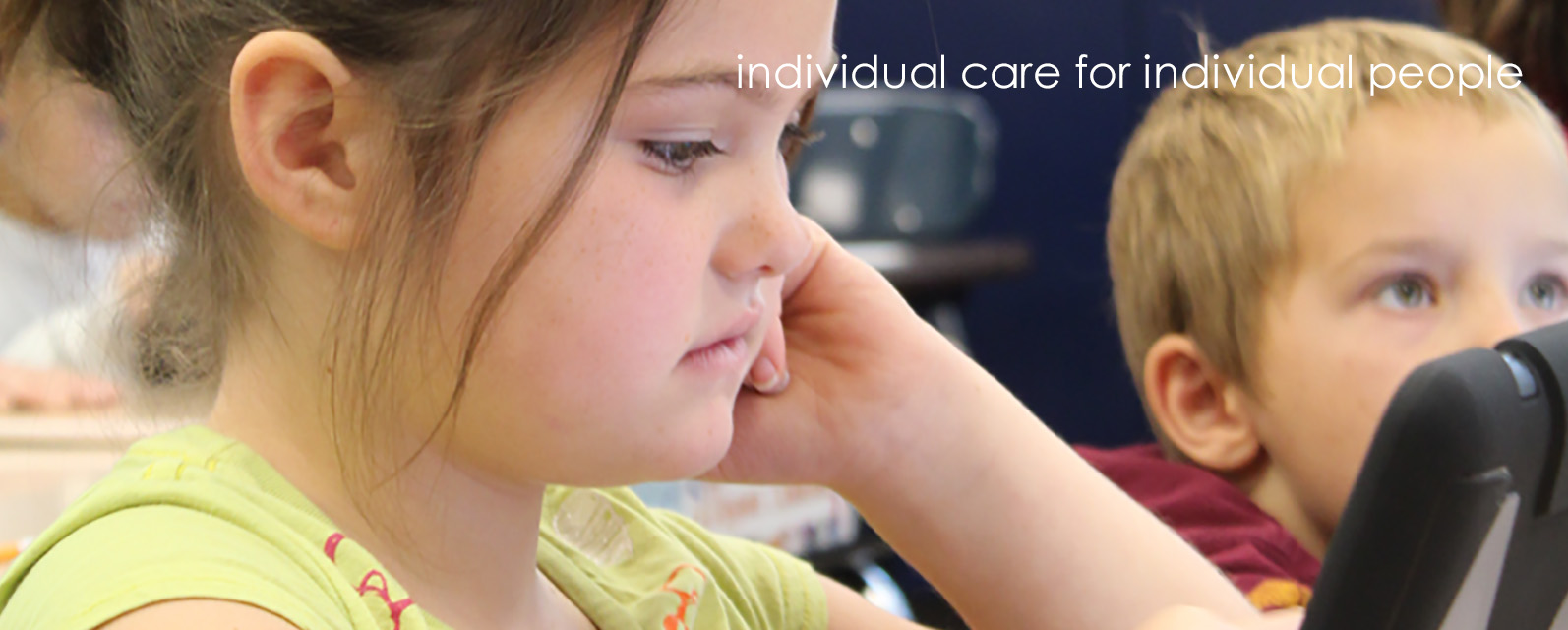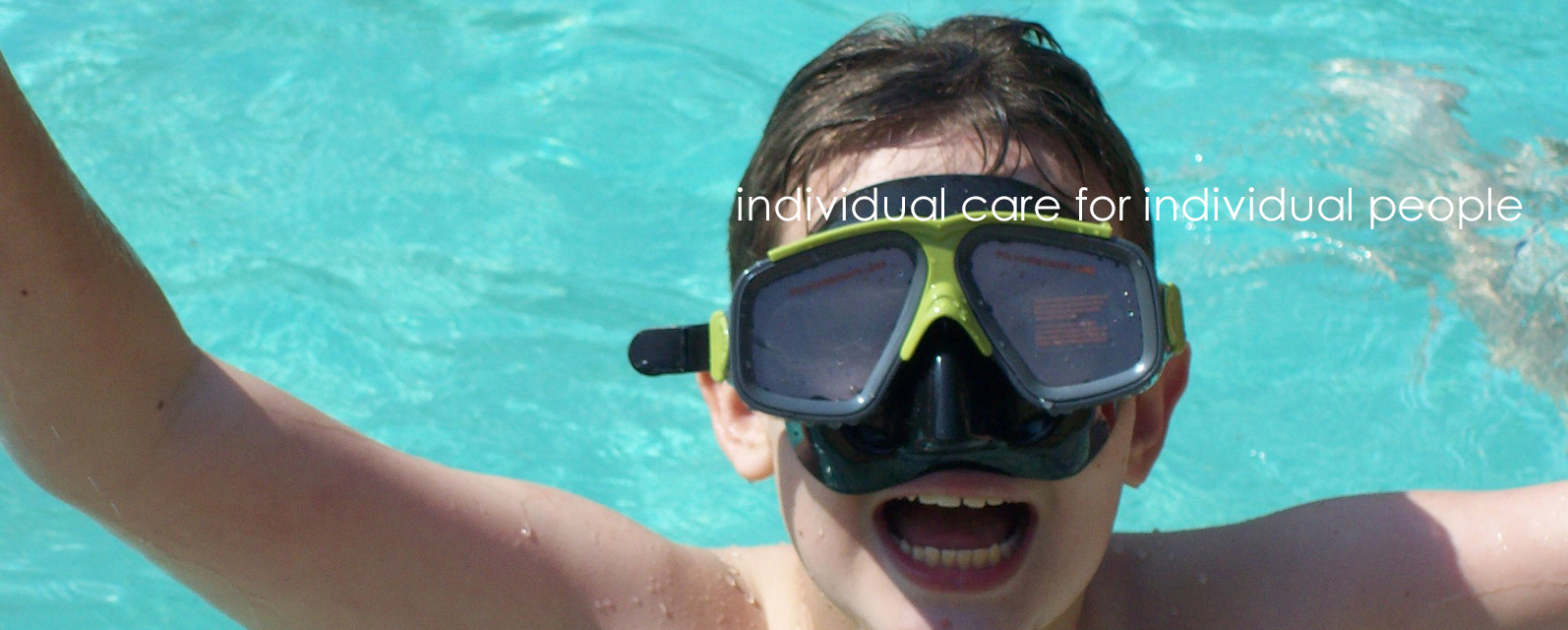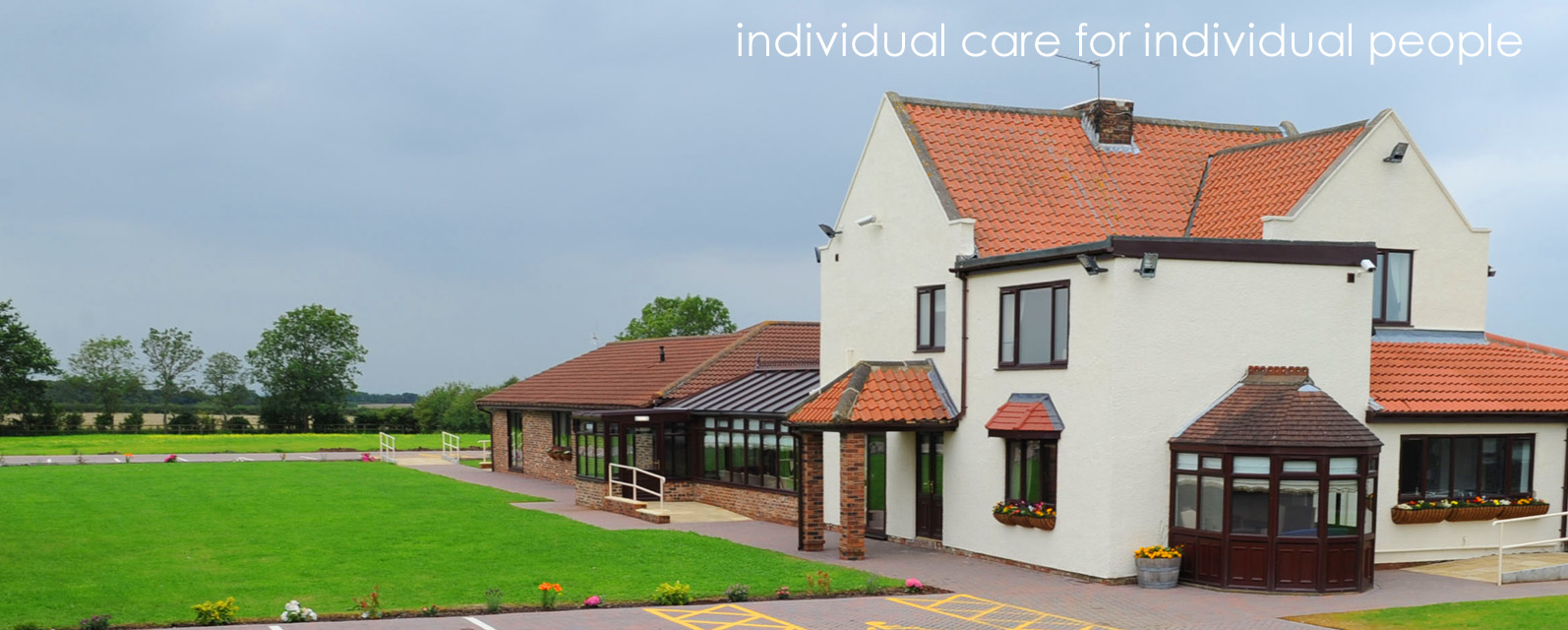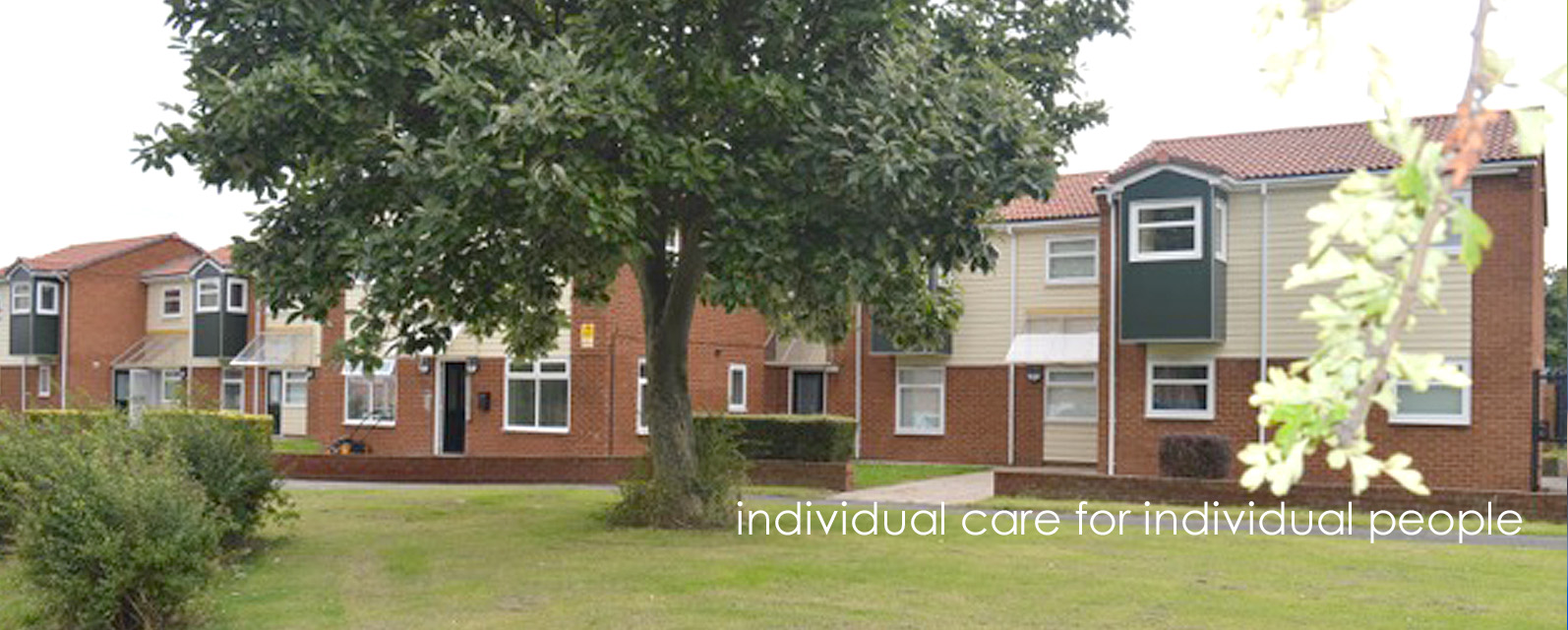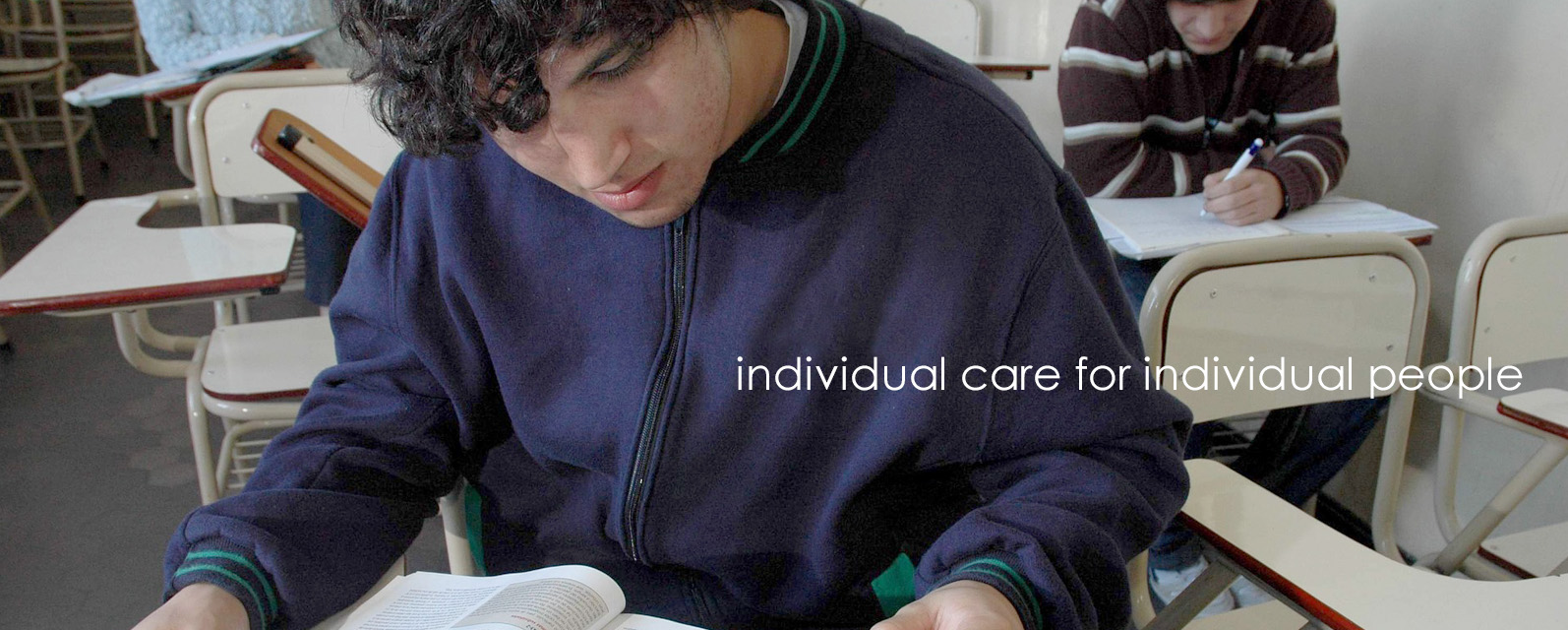Emotional Behavioural Disorder – Therapeutic Services
Above all Enhanced Care is committed to a child-centred service. In short, through the promotion of a psychologically informed understanding of the emotional, behavioural, psychological and social needs of the child or young person.
Consequently, we have a holistic and comprehensive assessment process where we work with the individual. As a result, they properly understand why they relate and interact with other people in the ways they do.
For instance, it may be that the young person needs a therapeutic approach to help them deal with trauma they have experienced in their lives, for example loss, separation, neglect, physical or sexual abuse. Indeed they may need support to help them desist from challenging and anti-social behaviours. Furthermore, they may need to learn new skills to assist them in reaching their social, educational and health goals. At the same time, with the therapeutic intervention identified, each intervention or therapy will be developmentally appropriate for the young person’s age and level of maturity.
Our Approach
Enhanced Care uses a skills-learning approach:

Moreover the staff provide skilled based interventions in the following areas:
- Self-esteem
- Social competency / social skills
- Relationship building
- Anxiety management
- Anger management
- Negotiation and compromise skills
- Conflict resolution skills
- Running-away behaviour
- Copìng skills
- Emotional regulation
Enhanced Care commissions a Consultant Clinical Psychologist to provide psychological services on a sessional basis. Therapeutic staff are also able to provide consultation and support to inform the care and management of the young people.
Qualified, accredited and experienced psychologists are able to provide therapeutic interventions on a sessional basis in the following areas when commissioned to do so:
- Attachment difficulties
- Relationship difficulties
- Separation and loss
- Traumatic experiences
- Emotional and behavioural regulation
- Self-injurious behaviour
- Negative self-image / perception
- Chronic anger
- Chronic stress
- Low mood
- Vulnerability to sexual exploitation
- Physical aggression / interpersonal violence
